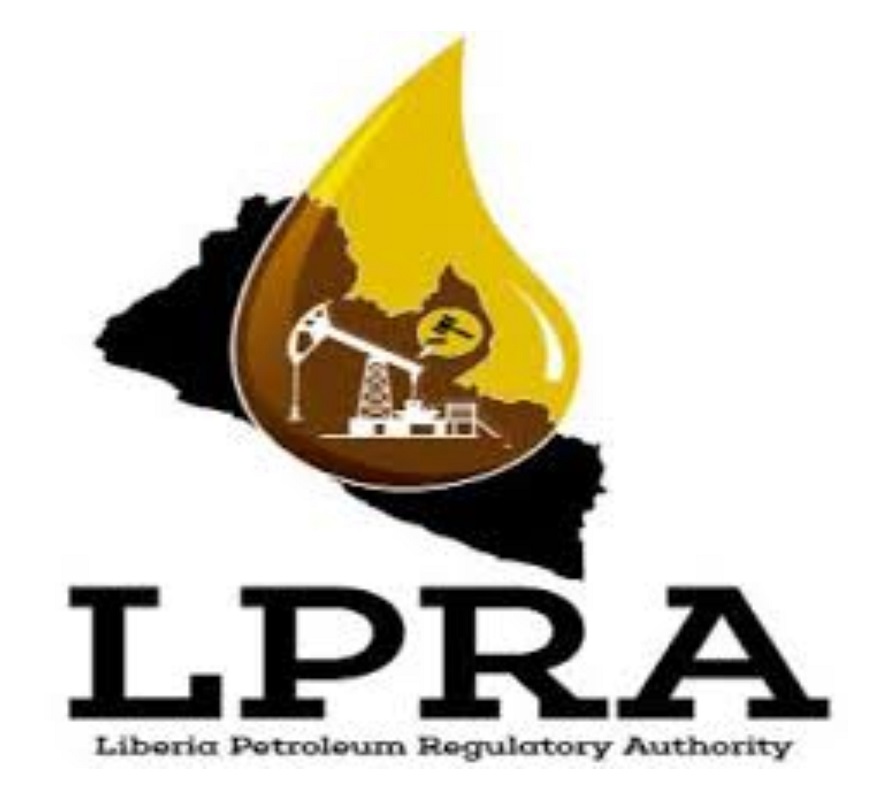Liberia is poised to become a significant player in the West African oil and gas sector, capitalizing on the vast potential of its offshore reserves. The government, through the Liberia Petroleum Regulatory Authority (LPRA), has initiated a Direct Negotiation Licensing Round, offering 29 offshore blocks across the promising Liberia and Harper Basins. This strategic move is designed to attract substantial international investment, stimulate exploration and production activities, and ultimately contribute to Liberia’s economic diversification and sustainable energy development. The licensing round is underpinned by a commitment to transparency and competitive terms, creating an attractive environment for global energy players.
The technical specifications of the licensing round are compelling. The 29 offshore blocks encompass a diverse range of exploration opportunities, spanning both established and unexplored areas within the Liberia and Harper basins. These basins are known for their geological prospectivity, further enhanced by the availability of high-quality seismic data provided in partnership with energy data firm TGS. This comprehensive dataset, including over 24,000 km of 2D seismic data and more than 26,000 km² of 3D seismic data, offers potential investors a detailed subsurface understanding. TGS has also reprocessed a significant portion of this data using advanced Pre-Stack Depth Migration technology, providing clearer imaging crucial for identifying potential reservoirs, particularly within the Cretaceous layers. This wealth of information, coupled with gravity and magnetic data, empowers bidders to make informed decisions and assess the potential of these under-explored yet proven petroleum systems.
The licensing framework is further strengthened by Liberia’s revised Exploration & Production law, amended in 2019 to ensure a competitive and transparent process. The attractive terms include 100% cost recovery on pre-Production Sharing Contract seismic data, mitigating initial exploration risks for investors. This direct negotiation approach signals Liberia’s proactive stance in accelerating the development of its offshore resources and boosting oil production. The availability of 29 blocks, ranging from shallow to deepwater prospects, is expected to draw interest from a diverse spectrum of international oil companies, from large multinationals to smaller, independent players specializing in marginal field development.
The potential implications for Liberia’s energy sector are significant. The licensing round is anticipated to rejuvenate interest in the country’s offshore hydrocarbon resources, attracting substantial foreign investment and driving new discoveries. This influx of capital and expertise will not only enhance Liberia’s energy security but also create numerous opportunities for job creation, technology transfer, and local capacity building within the nascent oil and gas industry. The development of the offshore sector has the potential to catalyze economic growth and contribute to broader socioeconomic development goals.
Beyond the immediate economic benefits, the licensing round is expected to strengthen Liberia’s position within the West African energy landscape. The collaboration with established global oil and gas players will reinforce the country’s reputation as an attractive investment destination. The successful execution of the licensing round will lay the groundwork for continued growth in the hydrocarbon sector and further integrate Liberia into the regional energy market. This initiative aligns with Liberia’s long-term vision of becoming a key player in the West African energy arena.
The promotion of the licensing round at international forums, such as the Invest in African Energy Forum in Paris, will further amplify its reach and attract potential investors. This platform offers direct engagement with industry experts, project developers, and policymakers, showcasing Liberia’s commitment to a transparent and competitive investment environment. The support of international data providers like TGS underscores the credibility of the licensing round and reinforces Liberia’s commitment to providing investors with the necessary information and resources to succeed. This strategic approach positions Liberia as a rising star in the West African oil and gas sector, poised to unlock its vast offshore potential and contribute to the region’s energy future.














